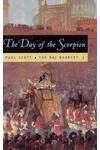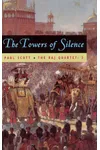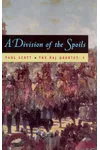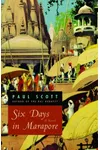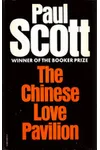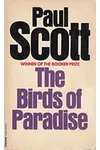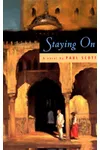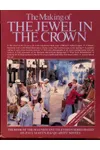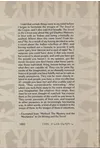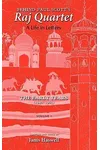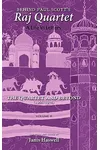Picture a British storyteller who turned the twilight of an empire into a literary masterpiece—meet Paul Scott! Born in 1920, Scott was a novelist whose experiences in India during World War II shaped his vivid historical fiction. His magnum opus, The Raj Quartet, captures the unraveling of British rule in India with nuance and heart, earning him the prestigious Booker Prize for its sequel, Staying On. Let’s dive into the life and legacy of this remarkable author.
The Making of Paul Scott
Paul Mark Scott was born in Palmers Green, London, to a family of modest means. Leaving school at 16 to train as an accountant, Scott’s early life was far from literary glamour. But World War II changed everything. Posted to India, Burma, and Malaya from 1943 to 1946, he witnessed the complexities of British colonialism firsthand. These experiences planted the seeds for his later works. Back in London, Scott worked as a literary agent, nurturing talents like Arthur C. Clarke, before taking a leap in 1960 to write full-time.
Paul Scott’s Unforgettable Stories
Scott’s crowning achievement is The Raj Quartet, a four-novel series—The Jewel in the Crown (1966), The Day of the Scorpion (1968), The Towers of Silence (1971), and A Division of the Spoils (1975). Set during the 1940s, these books weave a tapestry of love, betrayal, and cultural clashes against the backdrop of India’s push for independence. Scott’s style is lush yet incisive, blending multiple narrators and perspectives to explore racism, class, and identity. His characters, like the tragic Daphne Manners and the conflicted Hari Kumar, feel achingly human.
In 1977, Scott published Staying On, a poignant coda to the Quartet. Focusing on Tusker and Lucy Smalley, a British couple lingering in post-independence India, it won the Booker Prize for its tender yet sharp look at fading colonial life. Earlier works like Johnny Sahib (1952) showed Scott’s potential, but it was his India-centric novels that cemented his genius, earning comparisons to Tolstoy for their epic scope and emotional depth.
Why Paul Scott Matters
Scott’s work transcends historical fiction, offering a unflinching look at the human cost of imperialism. His ability to portray both British and Indian perspectives with empathy set him apart in a genre often steeped in nostalgia. The 1984 TV adaptation of The Jewel in the Crown brought his stories to a global audience, cementing his posthumous fame. Scholars still study Scott for his nuanced take on colonialism, while readers cherish his storytelling for its emotional resonance. His legacy endures as a bridge between cultures and eras.
- Born: March 25, 1920, Palmers Green, London
- Key Works: The Raj Quartet, Staying On
- Awards: Booker Prize (1977) for Staying On
- Died: March 1, 1978, London
Ready to explore a world where empires fade and hearts endure? Grab The Jewel in the Crown and dive into Paul Scott’s unforgettable historical fiction!

